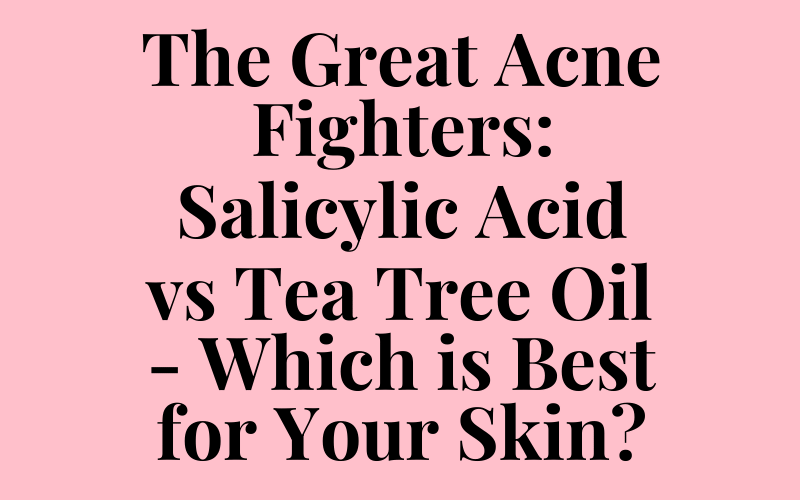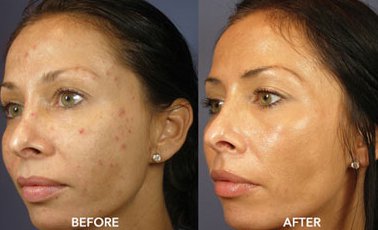Acne is a common skin concern that affects millions of people around the world. While there are many treatments available, two popular ingredients in the fight against acne are salicylic acid and tea tree oil. Both have been touted for their acne-fighting properties, but which one is the most effective? In this article, we’ll delve into the world of salicylic acid and tea tree oil, exploring their benefits, drawbacks, and recommended usage for a clear complexion.
Salicylic acid is a beta hydroxy acid (BHA) that occurs naturally in plants and is commonly used in skincare products. It has been shown to be effective in breaking down dead skin cells, reducing inflammation, and unclogging pores. Because of its ability to penetrate deep into the skin, salicylic acid is often used to treat moderate to severe acne, blackheads, and whiteheads. However, it can also be drying and irritating, making it necessary to use it in moderation.
On the other hand, tea tree oil is an essential oil extracted from the leaves of the Melaleuca alternifolia plant. It has antibacterial and anti-inflammatory properties, making it an effective natural remedy for acne treatment. Tea tree oil is often used to reduce redness, inflammation, and bacteria that can cause acne. Its gentle and non-irritating nature makes it suitable for sensitive skin types. However, it is not as effective at penetrating deep into the skin as salicylic acid, making it best used for superficial skin concerns.
Table of Contents
Recommended Salicylic Acid Products
-
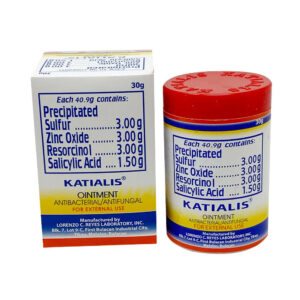 Katialis Ointment Antibacterial/Antifungal 30gKD2.000
Katialis Ointment Antibacterial/Antifungal 30gKD2.000 -
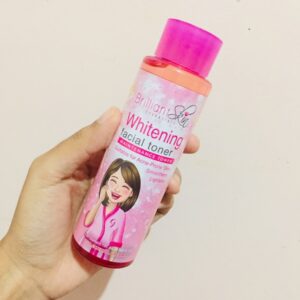 Brilliant Skin Whitening Maintenance Toner 120mlKD4.500
Brilliant Skin Whitening Maintenance Toner 120mlKD4.500 -
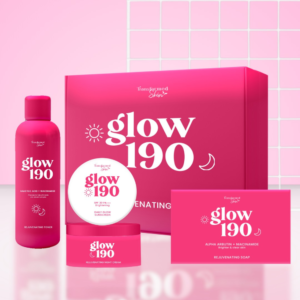 Glow 190 Rejuvenating Set by Transformed SkinKD8.000
Glow 190 Rejuvenating Set by Transformed SkinKD8.000 -
 Maxi Pimple Clearing Cleanser + Toner – 135mlKD1.990
Maxi Pimple Clearing Cleanser + Toner – 135mlKD1.990 -
 Maxi Super Whitening Beauty Astringent – 100mlKD2.990
Maxi Super Whitening Beauty Astringent – 100mlKD2.990 -
Product on sale
 CeraVe Psoriasis Moisturizing Cream – 227gOriginal price was: KD10.000.KD8.500Current price is: KD8.500.
CeraVe Psoriasis Moisturizing Cream – 227gOriginal price was: KD10.000.KD8.500Current price is: KD8.500. -
Product on sale
 CeraVe SA Cream For Rough & Bumpy Skin – 340gOriginal price was: KD10.000.KD7.500Current price is: KD7.500.
CeraVe SA Cream For Rough & Bumpy Skin – 340gOriginal price was: KD10.000.KD7.500Current price is: KD7.500. -
Product on sale
 CeraVe Acne Control Cleanser – 237mlOriginal price was: KD9.000.KD8.000Current price is: KD8.000.
CeraVe Acne Control Cleanser – 237mlOriginal price was: KD9.000.KD8.000Current price is: KD8.000. -
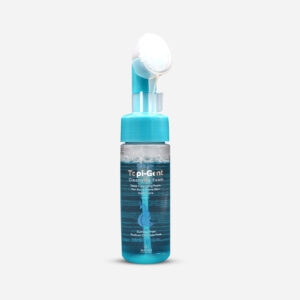 Topi Gent Sebum Foam 150mLKD5.000
Topi Gent Sebum Foam 150mLKD5.000
Recommended Tea Tree Oil Products
-
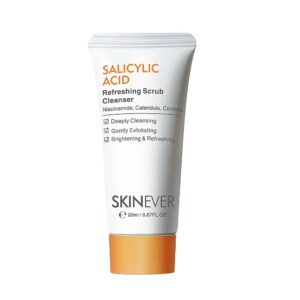 Skinever Salicylic Acid Refreshing Scrub Cleanser – 75mlKD4.490
Skinever Salicylic Acid Refreshing Scrub Cleanser – 75mlKD4.490 -
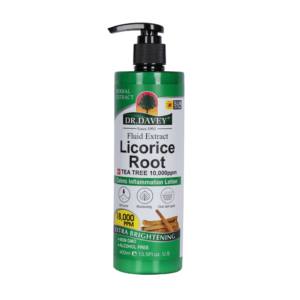 Dr. Davey Licorice Root & Tea Tree Extract Lotion – 400mlKD2.490
Dr. Davey Licorice Root & Tea Tree Extract Lotion – 400mlKD2.490 -
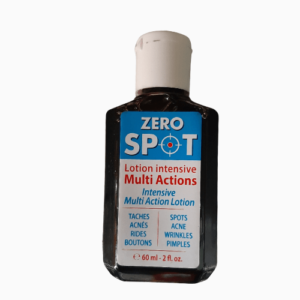 Zero Spot Lotion 60ml | Clear & Even SkinKD5.000
Zero Spot Lotion 60ml | Clear & Even SkinKD5.000 -
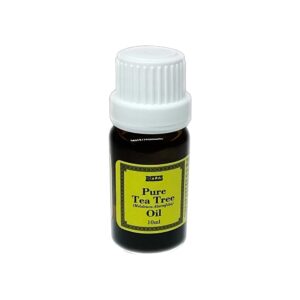 Bells Pure Tea Tree Oil 10mlKD3.000
Bells Pure Tea Tree Oil 10mlKD3.000 -
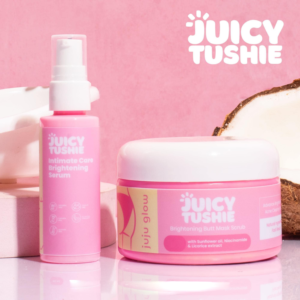 JUICY TUSHIE Butt Mask Scrub and Intimate Care Brightening Serum by Juju GlowKD4.000 – KD8.000
JUICY TUSHIE Butt Mask Scrub and Intimate Care Brightening Serum by Juju GlowKD4.000 – KD8.000
Summary Comparison
| Ingredient | Benefits | Drawbacks | Recommended Use |
|---|---|---|---|
| Salicylic Acid | Effective in breaking down dead skin cells, reducing inflammation, and unclogging pores | Can be drying and irritating, making it necessary to use in moderation | Moderate to severe acne, blackheads, and whiteheads |
| Tea Tree Oil | Antibacterial and anti-inflammatory, gentle and non-irritating | Not as effective at penetrating deep into the skin, best for superficial skin concerns | Sensitive skin, mild acne, and post-inflammatory hyperpigmentation |

